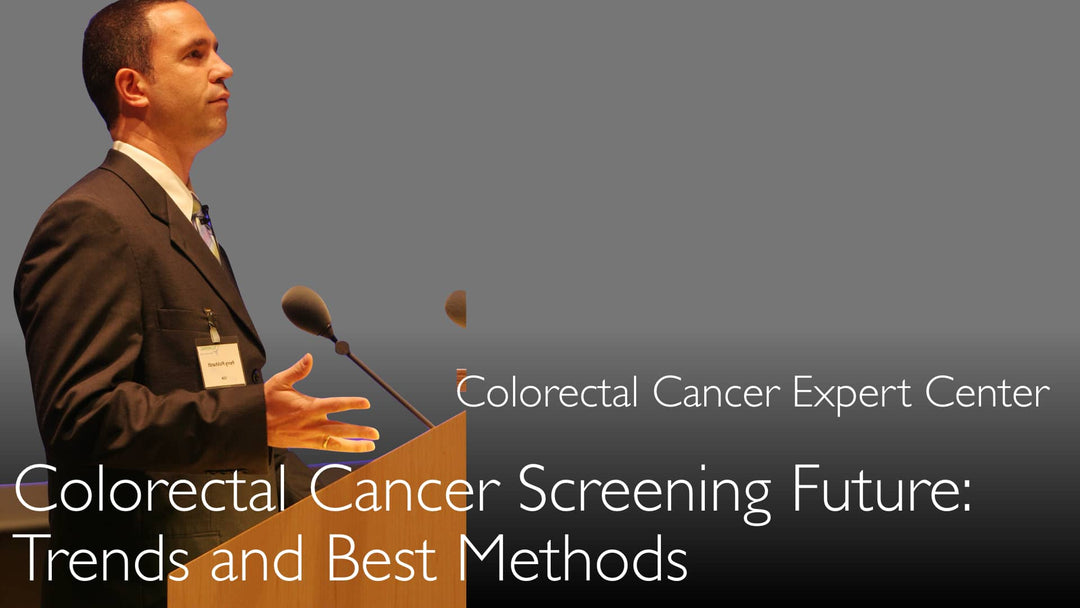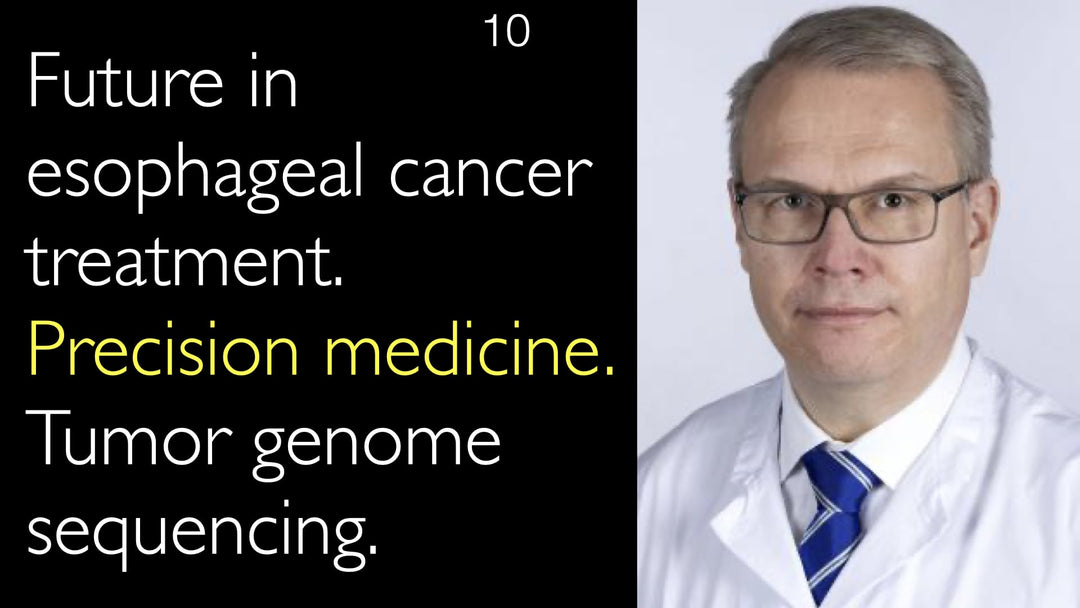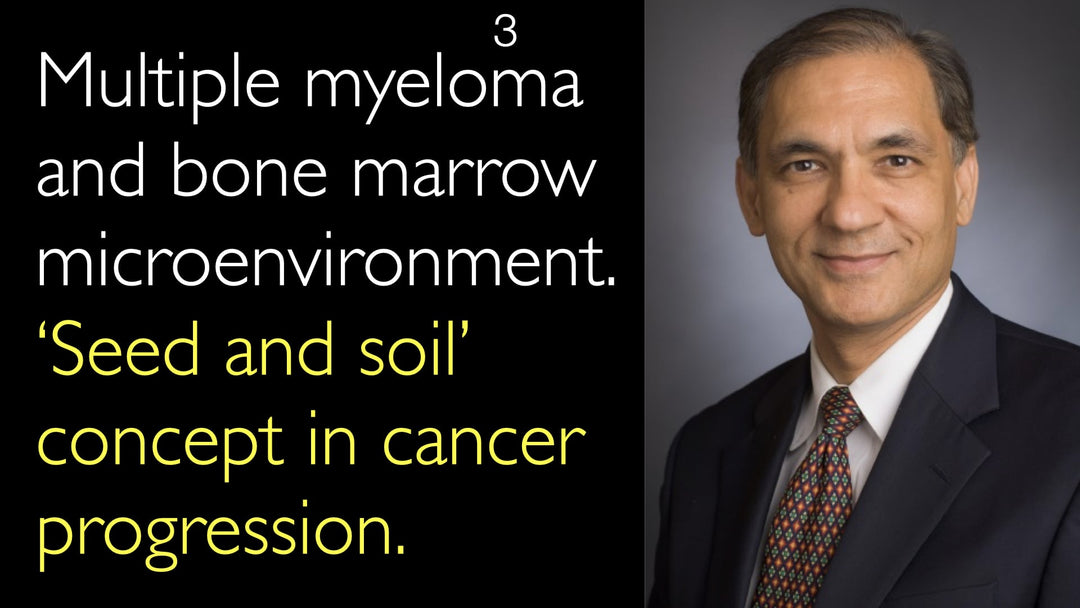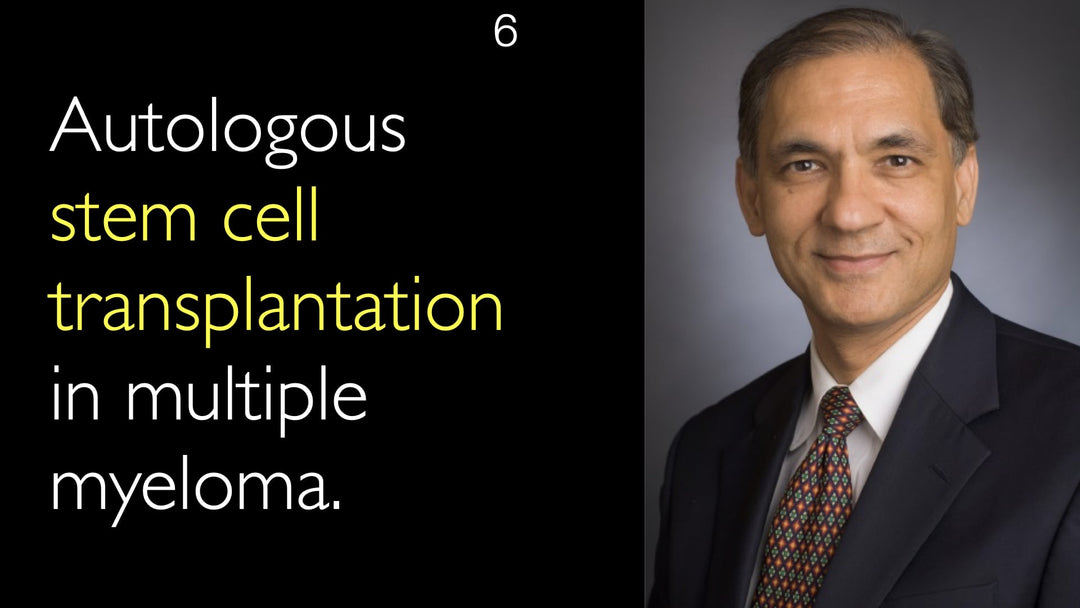O principal especialista em rastreamento do câncer colorretal e colonoscopia virtual, Dr. Perry Pickhardt, MD, explora o futuro da detecção do câncer. Ele destaca como técnicas avançadas de imagem, como a colonografia por tomografia computadorizada (TC), continuarão sendo fundamentais para o rastreamento. O Dr. Pickhardt detalha como a análise computadorizada aumenta a sensibilidade na identificação de pólipos e tumores. Ele prevê que os exames de TC evoluirão para avaliações de saúde abrangentes, capazes de rastrear múltiplas condições. Essa abordagem viabiliza a detecção do câncer antes do surgimento de sintomas, o que é crucial para melhorar os resultados dos pacientes e a eficiência dos sistemas de saúde.
Futuro do Rastreamento do Câncer Colorretal e da Tomografia Computadorizada Abrangente
Navegar para a Seção
- Avanços na Colonoscopia Virtual
- Limitações dos Testes Sanguíneos e de Fezes
- Análise Computadorizada na Detecção do Câncer
- Exame de Rastreamento por TC Abrangente
- Detecção Pré-Sintomática do Câncer
- Tecnologias Futuras de Imagem
- Transcrição Completa
Avanços na Colonoscopia Virtual
O Dr. Perry Pickhardt, radiologista de destaque, comenta os avanços significativos no rastreamento do câncer colorretal. Ele ressalta que a colonoscopia virtual, também conhecida como colonografia por TC, está se tornando mais eficiente e sensível. Este procedimento não invasivo utiliza a tomografia computadorizada para examinar o cólon em busca de pólipos e câncer. O Dr. Pickhardt explica que o método torna o rastreamento mais acessível e menos incômodo para os pacientes. Com a tecnologia em constante evolução, essa técnica se consolida como uma alternativa confiável à colonoscopia tradicional.
Limitações dos Testes Sanguíneos e de Fezes
Apesar das pesquisas com testes sanguíneos para detecção de câncer estarem em andamento, o Dr. Perry Pickhardt observa que eles ainda não substituem os exames de imagem. Ele demonstra otimismo em relação aos avanços nos testes de DNA fecal, mas reforça que a imagem continuará sendo central no rastreamento. Atualmente, esses métodos não imageológicos não permitem a detecção confiável de pólipos pré-cancerosos. O Dr. Pickhardt enfatiza que a imagem oferece a visualização direta necessária para um diagnóstico preciso.
Análise Computadorizada na Detecção do Câncer
A análise computadorizada é uma inovação crucial para aumentar a precisão do rastreamento do câncer colorretal. O Dr. Perry Pickhardt explica que a tecnologia proporciona maior redundância, reduzindo as chances de deixar passar cânceres e lesões pré-cancerosas. Esse suporte automatizado auxilia os radiologistas a alcançarem maior sensibilidade na detecção de pólipos. A melhoria contínua dos algoritmos computacionais promete elevar ainda mais a confiabilidade no futuro. Esse apoio tecnológico é fundamental para tornar os programas de rastreamento mais eficazes.
Exame de Rastreamento por TC Abrangente
O Dr. Perry Pickhardt vislumbra a colonografia por TC evoluindo além de um exame específico para câncer de cólon. Ele descreve um futuro em que uma única tomografia computadorizada serve como ferramenta abrangente de avaliação de saúde. Esse exame integral poderia detectar condições como doença hepática gordurosa, analisar gordura visceral e avaliar a qualidade óssea. Essa abordagem maximiza o valor do procedimento de imagem para a saúde geral do paciente, representando um avanço em direção a uma medicina preventiva mais eficiente e completa.
Detecção Pré-Sintomática do Câncer
O objetivo principal do rastreamento é detectar o câncer antes do surgimento de sintomas, como destaca o Dr. Perry Pickhardt. Quando um paciente já apresenta sintomas, o prognóstico tende a ser consideravelmente pior. A detecção pré-sintomática por meio do rastreamento permite intervenção precoce e potencial cura. Essa estratégia se alinha aos princípios da medicina personalizada, preditiva, preventiva e participativa. Além disso, impacta positivamente a economia da saúde ao reduzir os custos associados ao tratamento em estágios avançados.
Tecnologias Futuras de Imagem
O Dr. Perry Pickhardt discute a possível integração de outras modalidades de imagem para aprimorar o rastreamento. A tomografia por emissão de pósitrons (PET) poderia ser combinada com a TC para aumentar a especificidade na detecção de certos cânceres. A ressonância magnética (RM) e o ultrassom também podem ter papéis importantes, especialmente em regiões remotas com acesso limitado à tecnologia avançada de TC. O futuro é promissor para a combinação dessas tecnologias na criação de protocolos robustos de rastreamento multi-orgânico. O Dr. Anton Titov e o Dr. Pickhardt concordam que esses avanços trarão benefícios significativos para a saúde global.
Transcrição Completa
Dr. Anton Titov: O que o futuro reserva para o rastreamento do câncer colorretal? 1,4 milhão de pessoas são diagnosticadas com câncer de cólon ou reto anualmente. No entanto, todos os casos de câncer colorretal são preveníveis por meio do rastreamento. Como escolher o melhor método de rastreamento para o câncer colorretal? Um especialista líder em colonoscopia virtual comenta a colonografia por TC.
O rastreamento do câncer de cólon está mais fácil e acessível para os pacientes do que nunca. A colonoscopia virtual com análise computadorizada torna o rastreamento do câncer colorretal eficiente e altamente sensível. A colonoscopia virtual também é conhecida como colonografia por TC.
Dr. Anton Titov: O senhor é um dos radiologistas mais renomados do mundo no diagnóstico e rastreamento do câncer de cólon. Que progressos no rastreamento do câncer colorretal podemos esperar nos próximos 5 a 10 anos?
Dr. Perry Pickhardt: Gostaria de dizer que avançaríamos a ponto de um simples exame de sangue detectar pólipos. Infelizmente, isso ainda está distante, embora muitas pesquisas estejam em andamento.
Também tenho esperança de que o teste de DNA fecal possa evoluir. Assim, nem precisaríamos da colonografia por TC. Na prática, a imagem avançada sempre será parte central do rastreamento de pacientes para câncer colorretal e outros tipos.
Talvez seja combinada com um exame de sangue. A análise computadorizada nos oferece mais redundância e menos chances de deixar passar cânceres e lesões pré-cancerosas.
Dr. Anton Titov: A análise computadorizada continuará a melhorar. A avaliação de outros órgãos também avançará, por exemplo, na detecção de doença hepática gordurosa e análise de gordura visceral.
Diversos outros exames, como a avaliação da qualidade óssea, podem ser combinados para transformar a TC em mais do que um simples teste para câncer de cólon. A colonografia por TC se tornará um exame de saúde mais abrangente.
Dr. Perry Pickhardt: Esse é um futuro muito importante. A capacidade de detectar estágios iniciais ou pré-clínicos da doença impacta diretamente a saúde das pessoas e também a economia da saúde.
Potencialmente, sim. Há também espaço para a tomografia por emissão de pósitrons (PET) para aumentar a especificidade de alguns achados. A PET pode ser usada em conjunto com a ressonância magnética (RM) e outras modalidades de imagem.
O futuro certamente é promissor para a detecção pré-sintomática do câncer. Esse é realmente o objetivo, pois quando um paciente apresenta sintomas de câncer, o prognóstico é muito pior. Precisamos detectar o câncer antes do surgimento de sintomas, para que possa ser curado.
Dr. Anton Titov: Essa é a essência da medicina "4P": personalizada, preditiva, preventiva e participativa para muitos pacientes. É especialmente relevante em regiões onde os pacientes enfrentam barreiras financeiras significativas para acessar serviços de saúde.
Dr. Perry Pickhardt: Sim, com certeza. Devo acrescentar que o ultrassom também tem seu papel, principalmente em algumas das áreas mais remotas do mundo.
Dr. Anton Titov: Professor Pickhardt, muito obrigado por esta conversa tão interessante e informativa. Esperamos poder contar com sua colaboração no futuro.
Gostaríamos de discutir mais atualizações e avanços no rastreamento do câncer colorretal, bem como as oportunidades mais amplas de rastreamento abdominal por TC que o senhor mencionou.
Dr. Perry Pickhardt: Foi um prazer; adorei a conversa!
Dr. Anton Titov: Muito obrigado!








